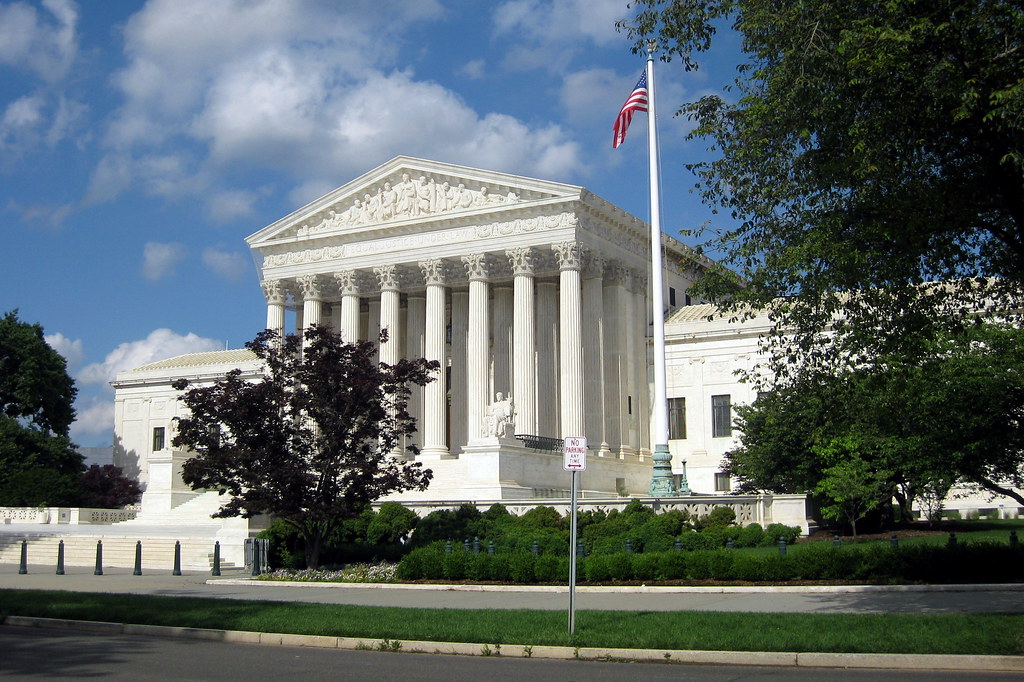OLYMPIA…Senate Republican Leader John Braun, R-Centralia, released the following statement in response to the United States Supreme Court decision limiting the Environmental Protection Agency’s rulemaking authority. The court ruled that Congress must authorize new regulations to limit power plant emissions.
“Today’s opinion is about the rule of law. It is up to Congress to authorize new regulations that the EPA has been implementing on its own, especially regulations that carry billions of dollars in economic ramifications. Executive-branch officials don’t get to do this themselves. It’s entirely appropriate for the Supreme Court to reinforce the separation of powers between the branches of government.
“What is the governor really mad about? He knows our state Supreme Court also has ruled environmental policy is to be made by the people’s elected lawmakers. He has bragged about getting environmental policy through our state Legislature. How can he not understand that the same process should apply at the federal level? The Department of Ecology doesn’t have complete authority here, and the justices are right to presume Congress has not handed total authority to the EPA [citation below]. He criticizes the federal justices for not being elected, but EPA officials are not elected either.
“The effort to address climate change doesn’t have to be so partisan and divisive, despite the governor’s grandstanding. He’s wrong to suggest Republicans are indifferent about clean air and other environmental issues. Governor Inslee knows the first carbon legislation to clear either legislative chamber in Olympia wasn’t from Democrats – it was a Republican bill, way back in 2015.
“Today’s ruling literally places the power back in the hands of those who are elected – in the hands of the people. The governor apparently finds this inconvenient. That attitude isn’t surprising from someone who has clung to his emergency rule for 850 days and counting.”
From today’s ruling:
“We also find it “highly unlikely that Congress would leave” to “agency discretion” the decision of how much coal-based generation there should be over the coming decades. MCI, 512 U. S., at 231; see also Brown & Williamson, 529 U. S., at 160 (“We are confident that Congress could not have intended to delegate a decision of such economic and 26 WEST VIRGINIA v. EPA Opinion of the Court political significance to an agency in so cryptic a fashion.”). The basic and consequential tradeoffs involved in such a choice are ones that Congress would likely have intended for itself. See W. Eskridge, Interpreting Law: A Primer on How To Read Statutes and the Constitution 288 (2016) (“Even if Congress has delegated an agency general rulemaking or adjudicatory power, judges presume that Congress does not delegate its authority to settle or amend major social and economic policy decisions.”). Congress certainly has not conferred a like authority upon EPA anywhere else in the Clean Air Act. The last place one would expect to find it is in the previously little-used backwater of Section 111(d).”









